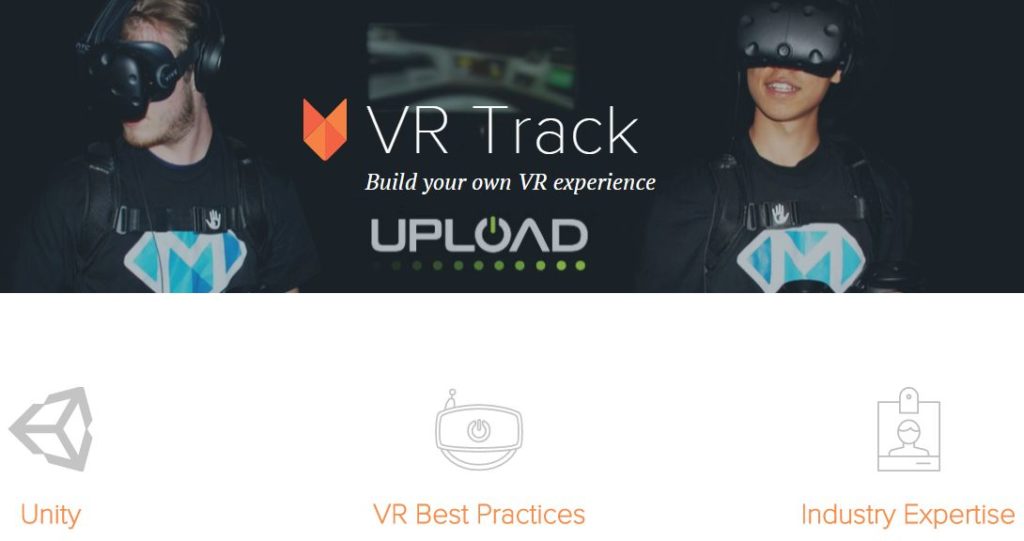The rapid growth of virtual reality (VR) has naturally led to a strong demand for developers, preferably those with knowledge of VR development. With the industry being so new, very few people have experience working with VR. What’s a company to do? Fortunately, there’s at least one answer emerging. UploadVR has teamed with Make School to create the UploadVR Academy, an intense 10-week boot camp-like course for advanced developers to learn how to build desktop and mobile VR games using Unity.
It’s important for marketers to understand VR development issues around VR content, because these can affect promotional efforts. Asking for changes in VR content may or may not be a minor thing depending on what you’re asking for, so more knowledge about what goes into creating VR content can help avoid problems.
Beyond working with the development team more effectively, marketers can use VR development knowledge as part of marketing content. As VR is so new, stories about VR development can be fascinating both within the industry and to the greater audience.
Taylor Freeman, CEO at UploadVR, spoke with [a]listdaily about the UploadVR Academy and how it will get developers on the fast-track for creating more content to support VR hardware.

Why did you decide to create the UploadVR Academy?
Upload exists to accelerate the VR industry and support the VR ecosystem. As the VR industry expands, more developers will be needed to create exciting VR content. Upload created the academy to fill this need and facilitate a developer recruitment pipeline into top VR companies.
With VR still so early in its development as an industry, was it difficult to find experienced instructors?
There are definitely not too many people out there right now who could teach a course of this caliber! We have a pretty extensive network and knowledge of the industry, so it wasn’t too difficult to find instructors. We were happy to be able to secure Sky Nite, author of Virtual Reality Insider, and Ben Taylor, Unity Expert, to lead the course.
What will participants learn about VR in this boot camp, and what jobs will they be ready to fill when they complete the course?
Participants will learn how to build VR games and experiences in the Unity 3D engine. Development for VR requires a diverse range of skill sets, including coding, 3D manipulation, rational architecture, and more. In addition to this technical knowledge, students will learn in an interdisciplinary approach in all areas relevant to being a knowledgeable VR professional, such as Futurology, Information Theory, Industry Trends, Project Management, Design, etc.
When they complete the course, they will be ready to immediately fill a job looking for a Unity VR Developer (the most popular development engine by far), and will be able to transfer their knowledge to other engines and roles in a short amount of time.
Will the coursework cover mobile VR as well as high-end VR creation?
The course curriculum will focus on the high-end, VR creation for HTC Vive.
How will you market the UploadVR Academy, and what is the profile of the students you expect to enroll?
We are marketing the VR Academy through the Upload Global Network and social media channels. Our typical VR Summer Academy student will be a computer science undergraduate or graduate student, a software engineer, or a game developer. They’ve had 2+ years of programming experience. They are passionate about building things and have a portfolio of software projects to show us.
What’s the future look like for VR, and what role does the UploadVR Academy play in that future?
The future of AR/VR is the digitization of reality itself, the merger of the digital and physical worlds. In order for this future to come to fruition, we need to get people excited and engaging with VR at its early stage. The best way to get people excited about VR today is through compelling VR content, which developers need to build.
The VR Academy creates a consistent pipeline of quality developers that top VR companies can rely on for recruitment and expansion of their development teams. This will accelerate the VR industry and wide-scale adoption of immersive technology.

